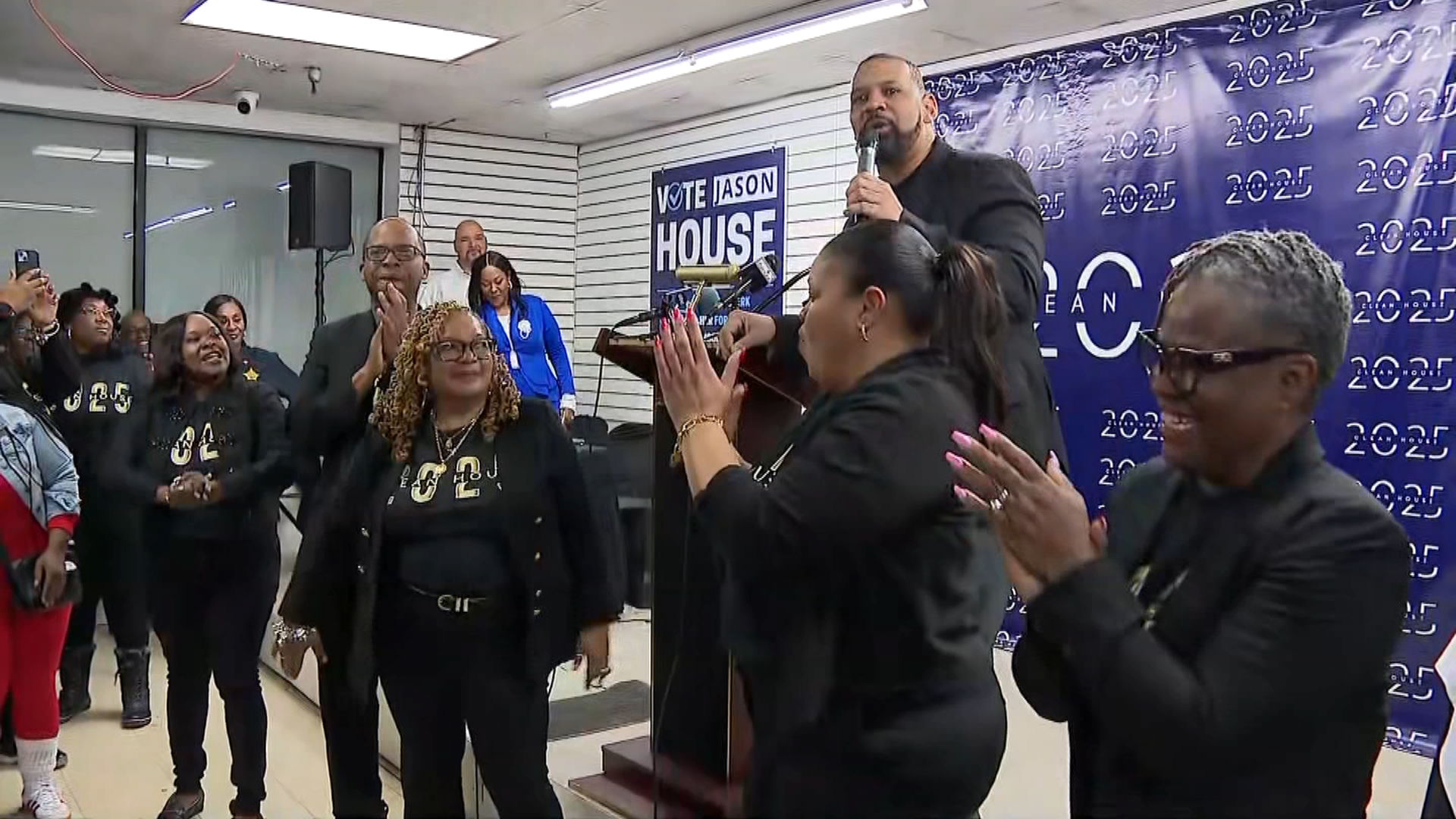President Donald Trump signed an executive order this week, aiming to make fertility treatments more affordable and accessible to families. Courtney Sisk reports.
President Donald Trump signed an executive order this week, aiming to make fertility treatments more affordable and accessible to families.
In vitro fertilization, or IVF, involves retrieving a woman's eggs and combining them in a lab with a man's sperm to create a fertilized embryo. That embryo can then be transferred into her uterus to create a pregnancy.
The process can be expensive and can take several cycles to complete.
“My Administration recognizes the importance of family formation, and as a Nation, our public policy must make it easier for loving and longing mothers and fathers to have children," the president's order said. “Americans need reliable access to IVF and more affordable treatment options.”
The order instructs the assistant for domestic policy to provide Trump with a list of recommendations on protecting IVF access and lowering out-of-pocket and health plan costs within the next 90 days.
Treatments can be tens of thousands of dollars, and insurance plans don't always cover it.
“Couples that are going through infertility that’s something you’re mourning every single month. Because you know what could have been, and you know what isn’t," Lisa Bourne, who has used IVF, told NBC 5.
Local
Bourne and her husband AJ have been trying to have a child for the past four and a half years. They tried multiple methods, and resorted to IVF in January.
The couple drove three hours from Decatur Illinois to Chicago for treatment. Bourne said there aren't many fertility clinics in central Illinois.
Feeling out of the loop? We'll catch you up on the Chicago news you need to know. Sign up for the weekly Chicago Catch-Up newsletter.
The cost of conceiving through IVF can feel tremendous. Intricate treatments and procedures with highly skilled experts and specialized medications cost tens of thousands of dollars.
"The premium is $626 a month, we have a $7,500 out-of-pocket expense, and we hit our out-of-pocket on the third day of the year," Bourne said. "It feels criminal of it to be so expensive... as a moral person you think I’m paying this money to have this health insurance that’s going to be there for me if I ever need it, and that’s not necessarily the case.”
Bourne and her husband have taken up side jobs, switched insurance and spent a year fundraising on the Gift of Parenthood website.
"The medications are very expensive, these are really specialized medications," said Dr. Emily Jungheim, the division chief of reproductive endocrinology at Northwestern University. "When you think of what needs to be done to keep eggs and embryos safe during IVF, I mean if you think about what we're actually doing here we're helping to bring a baby into the world. That's a big deal."
Jungheim says the executive order, depending on how it pans out, could help people at an individual level where insurance doesn't already cover the cost.
Illinois has a mandate that requires insurance to cover four retrievals.
According to the CDC fertility rates in the US dropped to a historic low in 2024. And a 2023 report from the World Health Organization says one in six people experience infertility.
Planned Parenthood Federation of America called the executive order vague, and said it has little benefit for families.
“President Donald Trump and his administration can’t have it both ways," Planned Parenthood's statement said. "His actions during his first administration endangered access to IVF and to sexual and reproductive health care."



